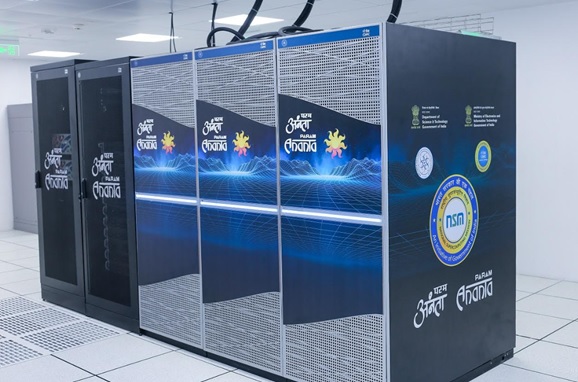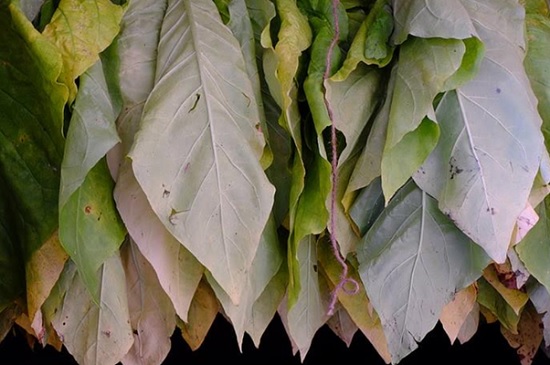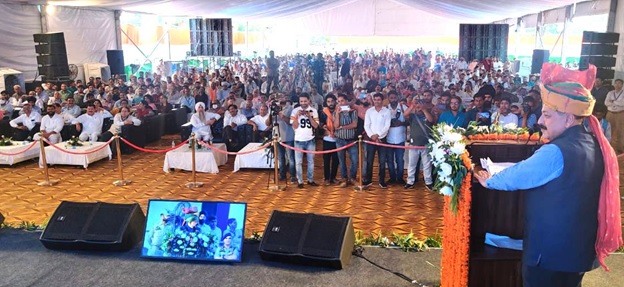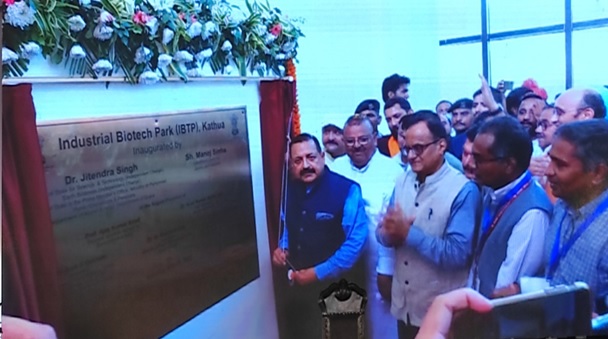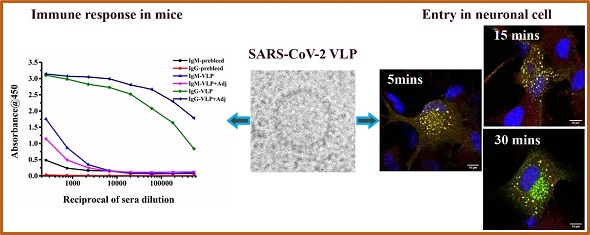
Given the frightening experience of the outbreak of COVID-19, researchers are continuously looking for more effective vaccine options. They have been trying to better understand the SARS-CoV-2 virus and developing newer vaccines against it.
Vaccines offer great protection against the virus, but some people who have received the shots still catch COVID-19. To develop even better vaccines and treatments, ideally, experiments need to be conducted with the actual virus, which can only be handled in specialized laboratories. Working with live viruses can put personnel at risk, and the requirement for specially designed settings can limit the scope of research that some teams can perform.
A safer and easier strategy is to use virus-like particles (VLPs), the molecular mimics that look and act like a particular virus without being infectious. The particles can even serve as a vaccine as is the case with two currently available ones against the human papillomavirus.
Given the frightening experience of the outbreak of COVID-19, researchers are continuously looking for more effective vaccine options. They have been trying to better understand the SARS-CoV-2 virus and developing newer vaccines against it.

Researchers at the Indian Institute of Technology (IIT) Delhi, working in collaboration with the Translational Health Science and Technology Institute (THSTI), Faridabad, Haryana; have developed SARS-CoV-2 Virus-Like Particles (VLPs). VLPs could be a possible vaccine candidate, researchers said in a statement, released by IIT Delhi, on Tuesday. The VLPs tricked the immune system into launching a counterattack in mice, just as it does against SARS-CoV-2.
Along with IIT Delhi, there are RuTAG centers at IIT Bombay, IIT Guwahati, IIT Kanpur, IIT Kharagpur, IIT Madras, and IIT Roorkee also. Together they published a compendium of 50+ technologies, which are ready to go to the field. They conducted three international conferences on Rural Technology Development and Delivery (RTDD) at IIT Delhi, Madras, and Jodhpur in the years 2018, 2020, and 2022, respectively.
“Animal experiments carried out at THSTI indicate that newly developed VLPs trigger strong adaptive immune response against multiple antigens. Vaccines based on inactivated virus naturally have this advantage, however, VLPs are safer as they are non-infectious due to lack of genome”, Dr Banerjee added.
Researchers also utilized these VLPs to understand how SARS-CoV-2 could be invading cells in the Central Nervous System (CNS). COVID-19, while well-known as a respiratory illness, can also affect the nervous system, bringing on headaches and fatigue and wiping out the sense of smell, but it is not clear how these symptoms are caused. The researchers showed that the VLPs could get into brain cells in petri dishes, and the process depended on both cholesterol in the cell membrane and an enzyme called dynamin.
This study was recently published in ACS Infectious Diseases journal.
India Science Wire
ISW/USM/IIT-Delhi-THSTI/VLPs/Eng/18/10/2022

